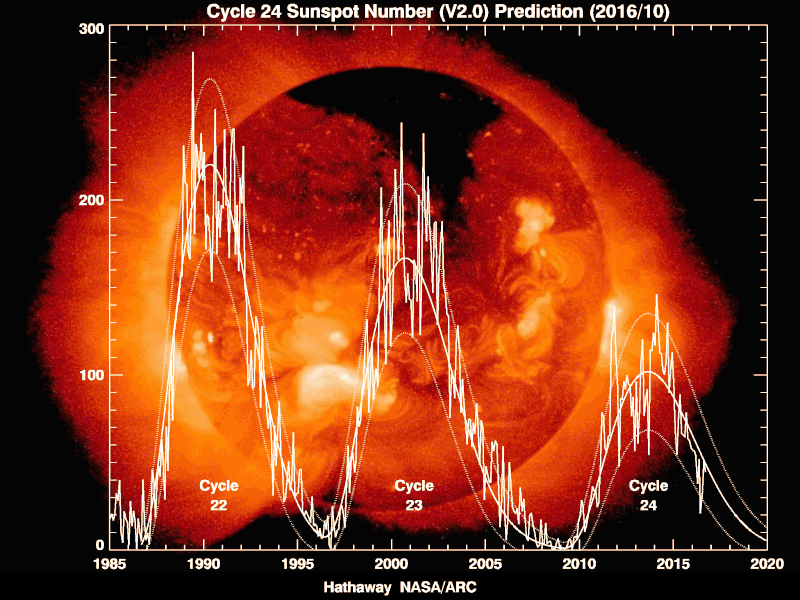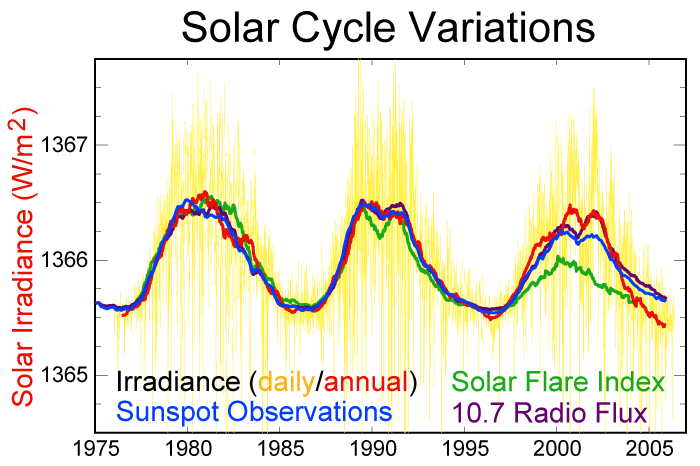Toddsterpatriot
Diamond Member
The word means the highest point in the example you gave, but you want us to believe it means the best point.
the amount or degree of something that is most favorable to some end; especially: the most favorable condition for the growth and reproduction of an organism
Optimum - Definition and More from the Free Merriam-Webster Dictionary
Hmmmm....most favorable. Weird. Warm periods were favorable.
I guess ice ages were unfavorable? Weird.
You missed my point. You're picking the definition that best fits your bias, NOT the definition as intended. Seems "1984" is coming 30 years later than expected. We know that most words have more than one accepted definition, but you'd have us believe there's only one. Did the others disappear down the memory hole?!?!
You're picking the definition that best fits your bias
If you can find one that makes sense in the phrase, "climatic optimum", feel free to share.




